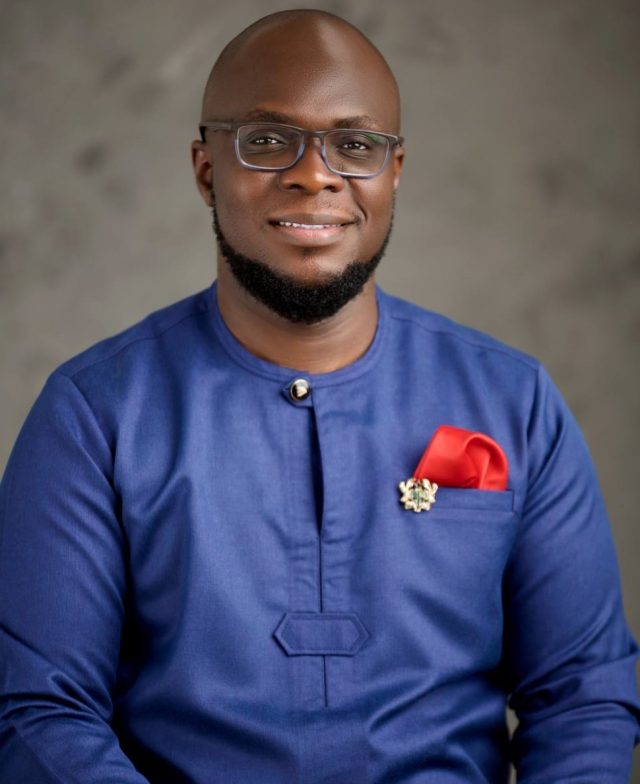By Emmanuel Senyo Amekplenu
Fiifi Kwetey’s recent statement, characterized by what many view as reckless tribal bigotry, has ignited a new layer of discussion on responsible political rhetoric in Ghana. As a Governance and Youth Activist, kindly indulge me to share some insight on the implications of Kwetey’s remarks and the apparent hypocrisy within the National Democratic Congress (NDC), particularly in the context of Volta Region politics.
Fiifi Kwetey is on record to have incited the people of the Volta Region to do everything within their power to stop their children and the youth of the Volta Region from making independent political choices and to compel them to accept the NDC inspite of the challenges that confronts the party and making it unattractive to the new generation in the region. This admonishing by the Chief Scribe is nothing short of reckless political commentary.
While political debates are intrinsic to democracy, the tone and content of Kwetey’s statement raise concerns about the NDC’s commitment to principles of inclusivity and national unity. The tribal sentiments expressed not only breach the boundaries of respectful discourse but also unveil a potential contradiction within the NDC, a party that frequently positions itself as a champion of unity.
Historically considered an NDC stronghold, the Volta Region should exemplify political tolerance and maturity. However, Kwetey’s remarks deviate from these expectations. The counterproductive nature of resorting to tribal rhetoric, suggests either a lack of substantive arguments or a deliberate effort to manipulate emotions for political gain.
My critique of these needless comments also draws attention to the broader impact on the NDC’s image and the potential consequences for Ghana’s political landscape. Political leaders, undoubtedly bear the responsibility of setting an example for their followers. Engaging in reckless tribal commentary does not only erode democratic values but also damages the credibility of the party.
I am by this write up calling for a reflection within the NDC, urging leaders in the Volta Region to assess the impact of such comments on the party’s image and the broader democratic fabric. Political parties must prioritize constructive dialogue and policy discussions over divisive tribal tactics.
In conclusion, I hope to draw the attention of political interest groups and stakeholders to a concerning pattern within the NDC’s leadership in the Volta Region. The call for self-reflection and a departure from divisive tactics resonates with the broader goal of fostering a democratic discourse that prioritizes substance and unity over tribal affiliations.
……….
Emmanuel Senyo Amekplenu Governance Expert and Youth Activist









































